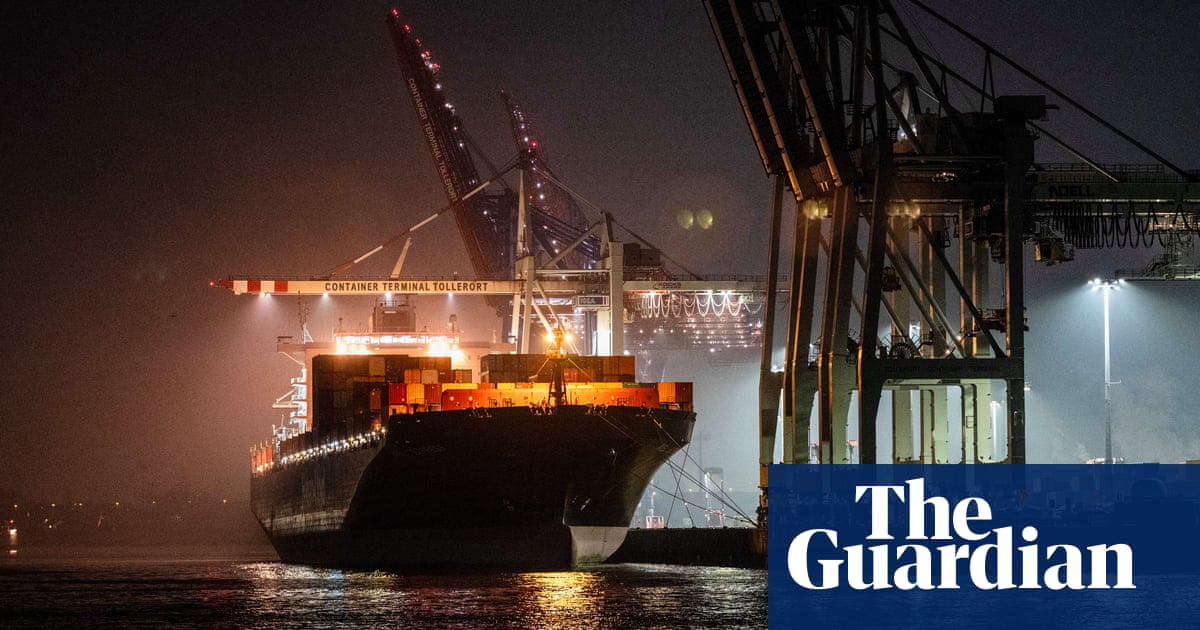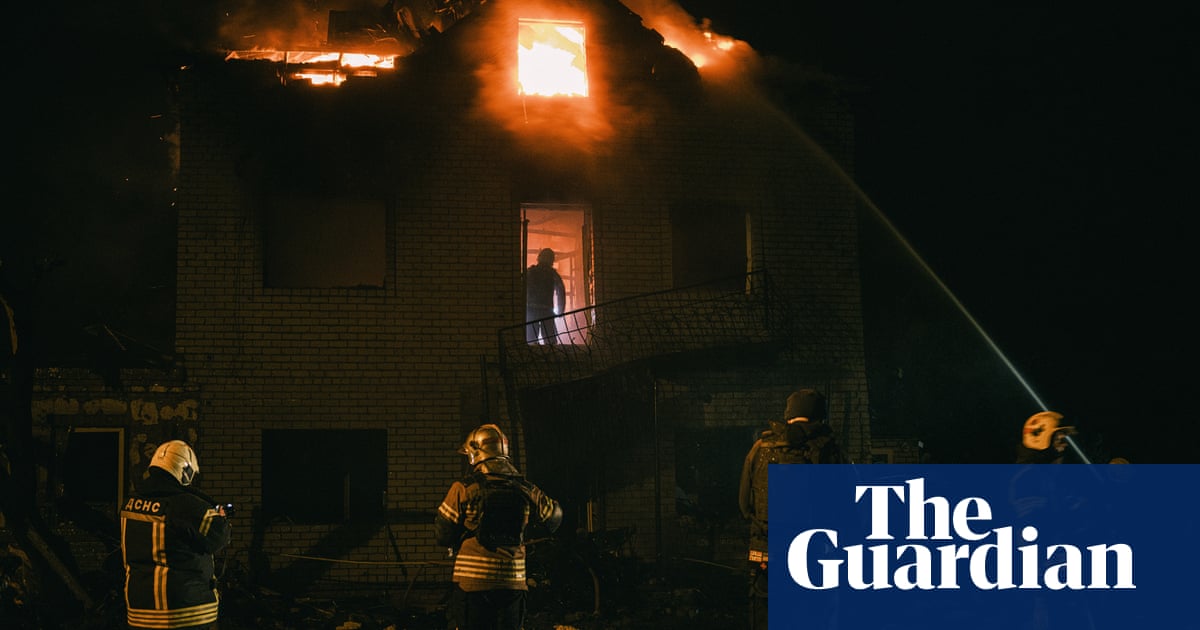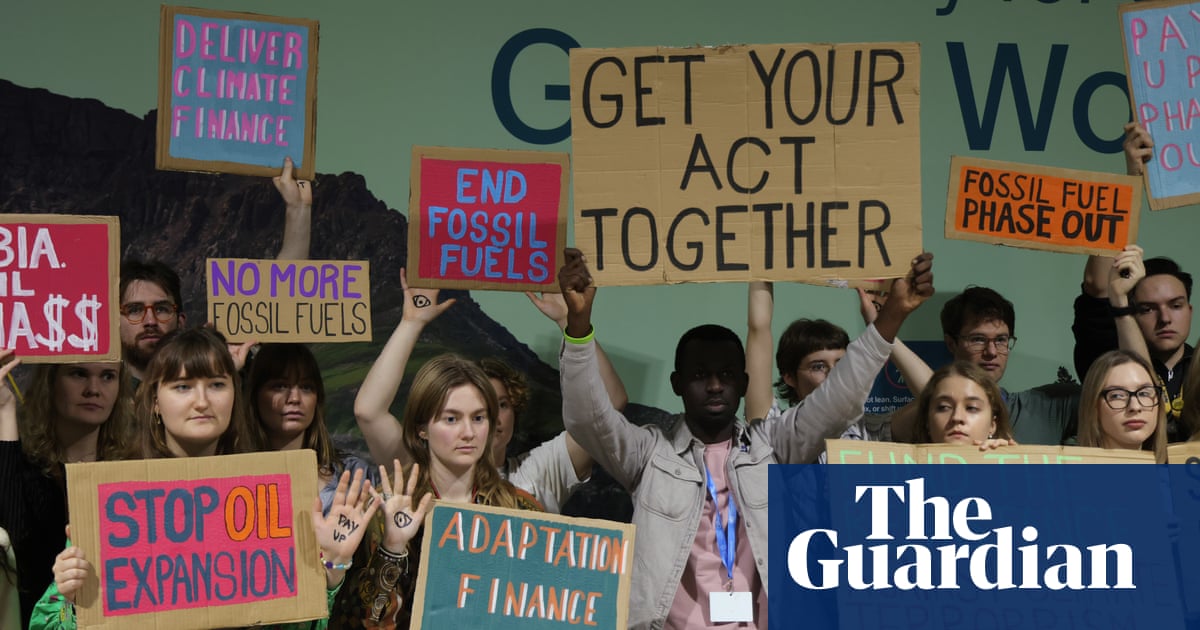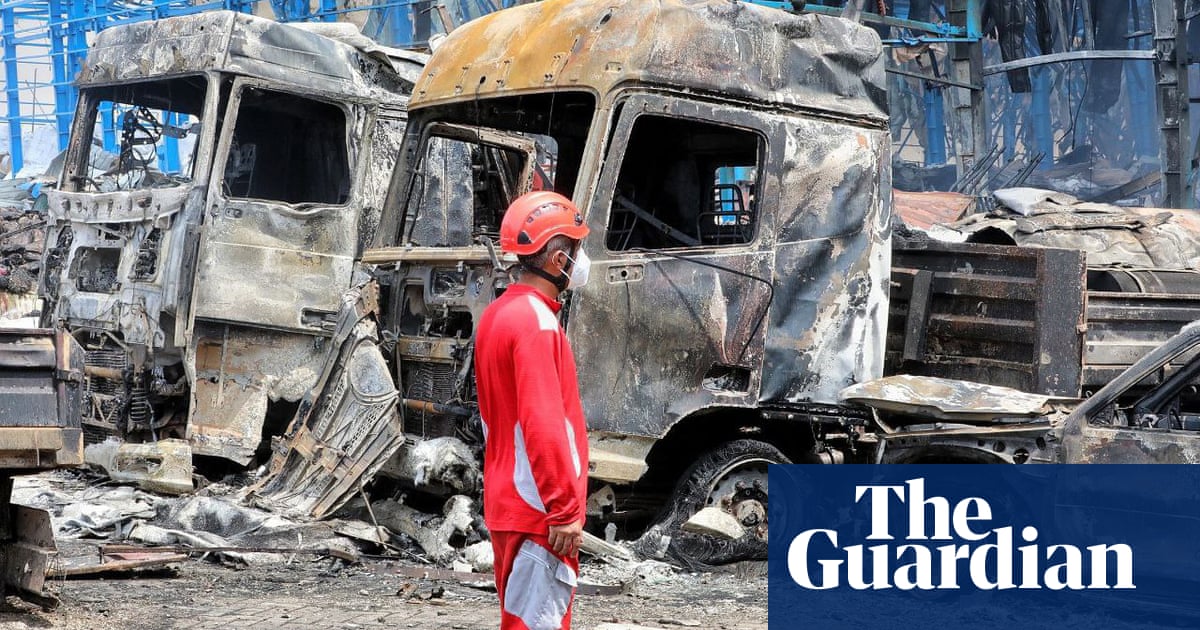Russian gas has ceased flowing to Europe via Ukraine, causing power cuts in parts of Moldova and concern in some EU capitals about making up the deficit.
In others, however, there was celebration over a further step towards weaning Europe off Russian energy. Poland’s foreign minister, Radosław Sikorski, called the development “a new victory” for the continent.
Russian gas has flowed through Ukraine for decades, mainly through a Soviet-built pipeline that begins in Sudzha, a town in Russia’s Kursk region currently under the control of Ukrainian forces, and ends near Uzhhorod, on Ukraine’s western border with Slovakia.
Gas continued to flow based on a 2019 agreement after Russia’s full-scale invasion of Ukraine, providing revenue for both countries. Kyiv made hundreds of millions of euros a year in transit fees. Negotiations took place last year to extend the deal but came to nothing.
“Russian gas has not been supplied for transit via Ukraine since 8:00 am [Moscow time, 06:00 GMT],” Russia’s Gazprom said in a statement on Wednesday.
Ukraine’s energy minister, German Galushchenko, confirmed Ukraine had stopped transit flows, calling the move “historic” in a statement on Wednesday. “Russia is losing its markets, it will suffer financial losses,” he said.
There were some swift effects, with the breakaway Moldovan region of Transnistria losing heating and hot water on Wednesday morning.
A statement on the website of Tirasteploenergo, the local energy company, said the heating cuts took effect at 7am local time (06:00 GMT) on Wednesday. It urged residents to dress warmly, gather family members together in a single room, hang blankets or thick curtains over windows and balcony doors, and use electric heaters.
“It is forbidden to use gas or electric stoves to heat the apartment. This can lead to tragedy,” the company said.
A company employee told Reuters by phone she did not know how long the situation would last. Transnistria, a pro-Russian entity that claims independence from the rest of Moldova, was receiving its gas via Ukraine.
Since Russia’s invasion of Ukraine in February 2022, the share of Russian gas on the European market has dropped from about 35% to about 8%, as European countries sought to diversify supplies.
Some countries, however, such as Slovakia, still relied heavily on Russian gas.
The country’s Russia-friendly prime minister, Robert Fico, decried the failure to renew a transit deal, claiming the move would hurt Europe more than Russia. “Halting gas transit via Ukraine will have a drastic impact on us all in the EU but not on the Russian Federation,” he wrote on Facebook.
The only Russian gas route to Europe still in operation is TurkStream, a Black Sea pipeline that sends gas to Hungary and Serbia.

 3 months ago
49
3 months ago
49













































